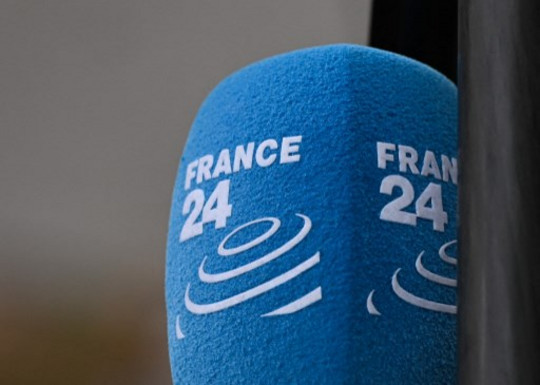Wassim Nasr reports on jihadist/extremists movements and security issues for the Paris-based TV channel France 24. On 25 September, the Burkinabe, Malian, and Nigerien prosecutor's offices issued a statement on their respective national televisions stating that “the combined analysis of Wassim Nasr's various interventions in the various media where he intervenes reveals positions and comments that are assimilated to acts of publicity and flagrant support for terrorists and the actions of terrorists operating in the Sahel".
Nasr responded on X: "I have been reporting on this subject for 15 years, I have disturbed many people, but I have the luxury of being in a country where this profession remains protected.” Amaury Guibert, Director of France 24, declared his full support to the journalist: "France 24 denounces the serious, unfounded accusations made by Burkina Faso, Mali, and Niger against the journalist Wassim Nasr. These legal proceedings mark another stage in the obstruction of press freedom suffered by local colleagues and international media in this region, which has been described as a 'black hole of information' ", reads France 24's official statement.
France 24 was suspended in Burkina Faso in March 2023 and in Mali in 2022.
“We stand in full solidarity with Wassim Nasr and call for these baseless accusations against him to be dropped immediately. Criminalizing a journalist for their sources and reporting is a clear violation of international standards on press freedom,” said IFJ-EFJ. “Journalists must be able to investigate and report on sensitive topics, including terrorism, without fear of prosecution and censorship”.

